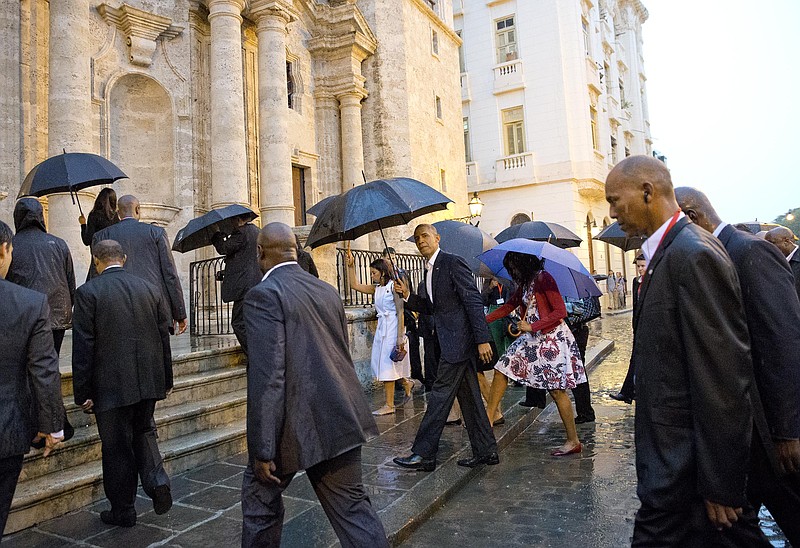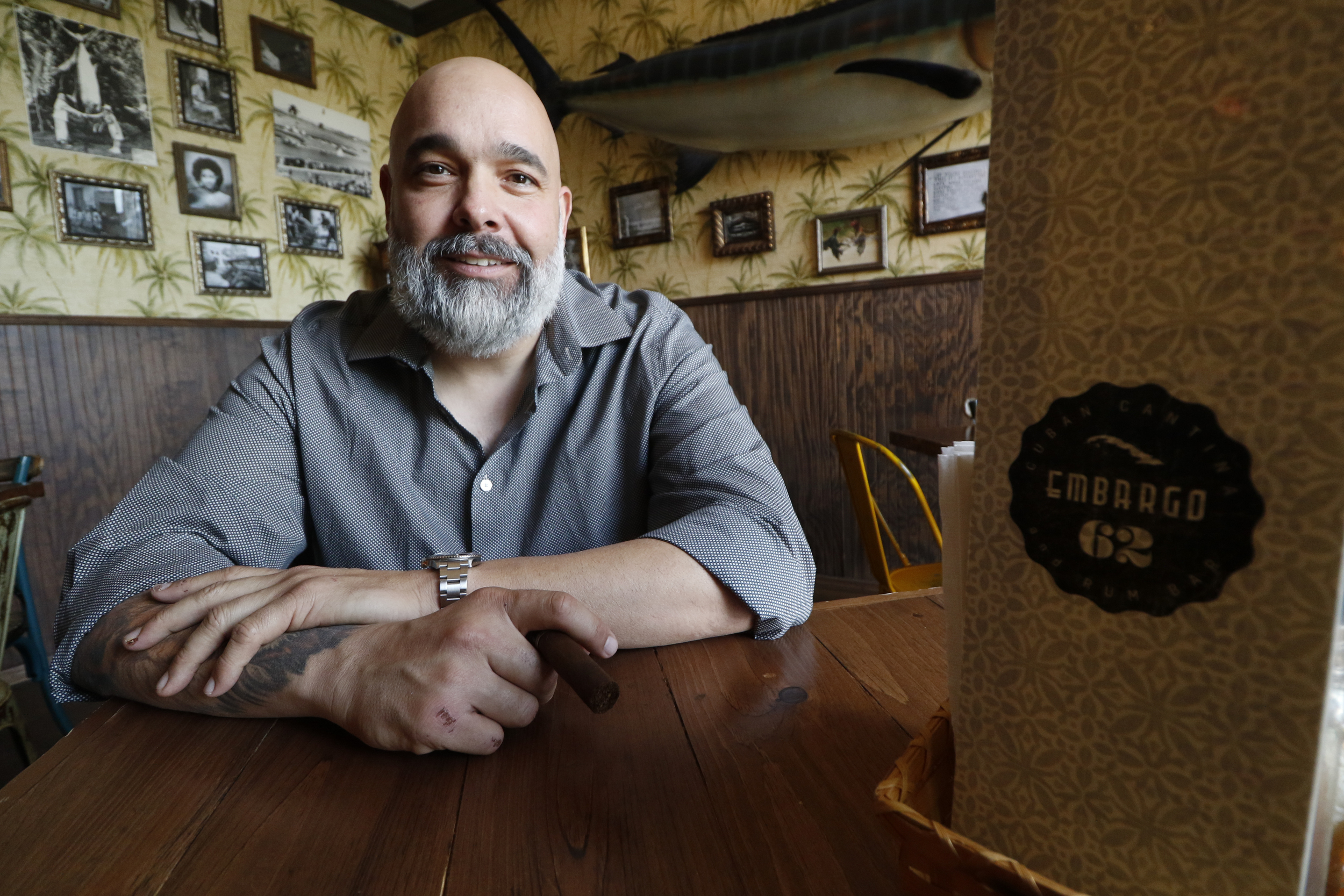Also read
* Chattanoogans with ties to Cuba weigh in on new era of diplomacy* Must-see TV: Cubans marvel at rare questioning of Castro* Obama, Castro lay bare tensions on embargo, human rights
It was business as usual hours before President Barack Obama arrived Sunday for the first visit to Cuba by a sitting United States chief executive since 1928.
Nonviolent, anti-communist government protesters in the island nation, many of them having attended Mass before taking to the streets, were rounded up and taken into custody. The weekly Ladies in White protesters, representing the men and women who for decades were imprisoned for seeking basic human rights, usually are held for several hours and then released.
But the lack of freedom of speech, press, assembly and protest point up the lack of meaningful change in the totalitarian nation since Obama sought to improve U.S. ties there more than a year ago.
Improved relations with Cuba, as we have previously said, could help both nations but only if the communist nation reforms its economic and political systems and makes advances in human rights.
A good start, for instance, would be for the country to give up the four worst fugitive U.S. terrorists who live there free and protected.
They are responsible, according to Col. Rick Fuentes, superintendent of the New Jersey State Police, for the deaths of 17 police officers, five American civilians, two U.S. servicemen and 159 bombings.
However, they are, according to the South Florida Sun Sentinel newspaper, four of hundreds of domestic terrorists hiding out in the country.
Obama met Monday with Cuban President Raul Castro and was scheduled at some point to meet with dissidents, dissidents some say were selected by the socialist government. However, in a Monday interview with ABC News, he seemed to give assent to what many critics of his policy have said - that he can freely say what he wants about the country but that it will have little effect on how the government treats its people.
"Ultimately," Obama said, "it's not up to the United States to determine both Cuba's form of government as well as its economy."
Indeed, it should be up to the Cuban people, but it hasn't been up to them since the Castros have been around, and even before since their predecessor was also a dictator (though he leaned toward the U.S.). And if the Cuban people don't have a major say in their government, what's the carrot on the stick for the U.S. to continue to offer goodies?
Already, Obama has eased travel and trade restrictions, and he'd like to lift the U.S. embargo on the country (but can't without congressional action). Yet, according to experts, politically motivated arrests already have reached 2,500 this year (a ten-fold increase from last year), and the country has become even more diligent in religious persecution.
After almost 60 years, a new approach to Cuba was needed, but thus far there is no upside for the U.S.

